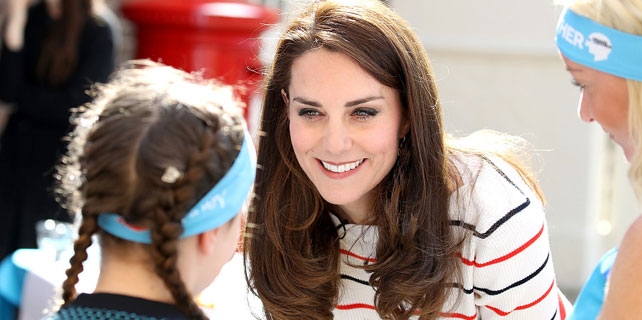British PM May calls for early election to strengthen Brexit hand
RUNAWAY LEAD
Britain joins a list of western European countries scheduled to hold elections this year. Votes in France in April and May, and in Germany in September, have the potential to reshape the political landscape around the two years of Brexit talks with the EU expected to start in earnest in June.
May is capitalising on her runaway lead in the opinion polls and she could win around 100 additional seats in parliament.
A survey conducted after May's announcement put her Conservative Party 21 points ahead of the main opposition Labour Party. The ICM/Guardian poll of 1,000 people showed Conservative support at 46 percent, with Labour on 25 percent and the Liberal Democrats on 11 percent.
May's personal ratings also dwarf those of Labour leader Jeremy Corbyn, with 50 percent of those asked by pollster YouGov saying she would make the best prime minister. Corbyn wins only 14 percent.
May, a former interior minister, was appointed prime minister after Britain's vote to leave the European Union forced the resignation of her predecessor David Cameron. The election will be a vote on her performance so far.
She is counting on winning the support of British voters, who backed Brexit by 52-48 percent. Some Britons questioned on social media whether they wanted to cast yet another ballot less than a year after the June referendum and two years after they voted in the last parliamentary poll.
However, the ICM/Guardian poll found that around three in five respondents said May was right to call an election.
Her spokesman said she had the backing of her top team of ministers and had informed Queen Elizabeth of her plans on Monday.
Business groups largely welcomed the move, while expressing concern that the government's focus may stray away from the economy, which May said had defied "predictions of immediate financial and economic danger".
Underlining divisions the vote is unlikely to mend, however, Nicola Sturgeon, first minister of the Scottish government, described the decision as a "huge political miscalculation" that could help her efforts to hold a new independence referendum.
The government of the Irish Republic also expressed concern that the early election could damage the chances of resolving a political crisis in the British province of Northern Ireland.
Irish Prime Minister Enda Kenny was among the leaders called by May, along with European Council President Donald Tusk.
Tusk, who is running the negotiations with Britain, said in Brussels that the election was a Brexit plot twist worthy of Alfred Hitchcock - the late film director known as the master of suspense.
Before holding the early election, May must win the support of two-thirds of the parliament in a vote on Wednesday, which looked certain after Labour and the Liberal Democrats said they would vote in favour. Labour's Corbyn welcomed the election plan, but some of his lawmakers doubted whether it was a good move, fearing they could lose their seats. At least two said they would not run.
If the opinion polls are right, May will win a new mandate for a series of reforms she wants to make and also a vote of confidence in a vision for Brexit which sees the country outside the EU's single market.
"The decision facing the country will be all about leadership," May said. "What they are doing jeopardises the work we must do to prepare for Brexit at home, and it weakens the government's negotiating position in Europe."
Reuters





















